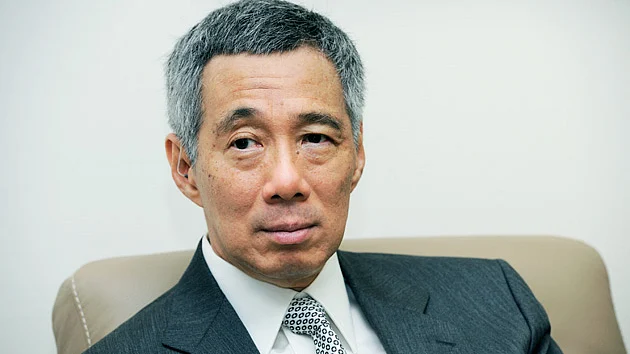Human Rights Watch criticises Singapore’s proposal on fake news
Human Rights Watch (HRW) called Singapore’s proposal to penalise the dissemination of false news being debated by the city-state’s Parliament and Prime Minister Lee Hsien Loong “a disaster”

Human Rights Watch (HRW) on Tuesday called "a disaster" Singapore's proposal to penalize the dissemination of false news being debated by the city-state's Parliament.
"This draft law will be a disaster for human rights, particularly freedom of expression and media freedom," said Phil Robertson, Deputy Asia Director of HRW.
"The definitions in the law are broad and poorly defined, leaving maximum regulatory discretion to the government officers skewed to view as 'misleading' or 'false' any news that challenges Singapore's preferred political narratives."
The draft envisages up to 10 years in prison as the maximum sentence for this crime and a fine of up to 1 million Singapore dollars ($737,800), for the most severe cases of spreading fake news, Efe news reported.
According to a statement from the Ministry of Law, legal actions will be taken in the face of deliberate online falsehoods that meet two criteria: When a false announcement or statement is issued and when the legal action is considered to be in the public interest.
The draft law, which arrived on Monday at the Singapore Parliament for debate, will not concern opinions, criticism, satires or parodies, according to the authorities.
"Governments and companies around the world should tell Singapore to send this law back to the drafting board," the HRW representative said.
In a statement, Facebook expressed concern about the "broad powers" that the law would grant to the Singapore executive.
The Asia Internet Coalition - which includes Facebook and other technology companies such as Google and Apple - said it was "deeply disappointed" by the lack of public consultation during the drafting process.
The city-state's Prime Minister Lee Hsien Loong last week defended the measures by describing them as necessary to protect the multicultural nation of Singapore with the aim of avoiding "hostile" interference intended to "cause disorder in our society".
Singapore, one of the most prosperous countries in the world, has been criticized on numerous occasions for its tight control of public and private media.
Many Singaporeans use the Internet to find independent information, but the media and blogs on the web also have their freedom of expression restricted by strict laws.
In 2018, Singapore was on 151 spot out of 180 countries in the press freedom index by the NGO Reporters Without Borders, behind countries such as Afghanistan, Russia and Myanmar.
Follow us on: Facebook, Twitter, Google News, Instagram
Join our official telegram channel (@nationalherald) and stay updated with the latest headlines